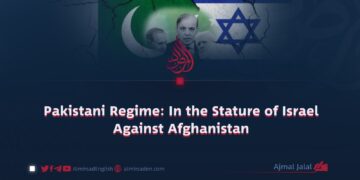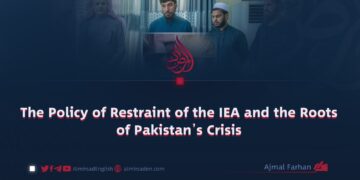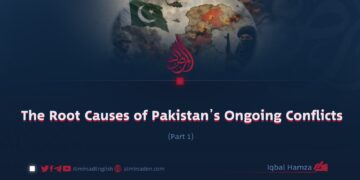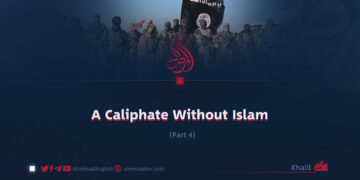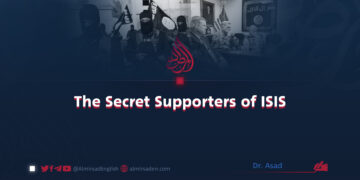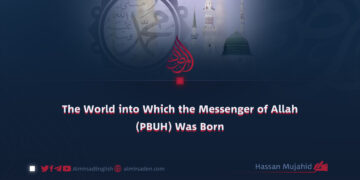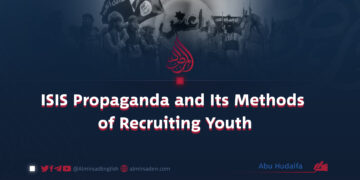Author: Junaid Zahid
A brief examination of Daesh’s conduct reveals a stark reality: this self-proclaimed entity—whether presented as a movement or a state—stands far removed from the principles of success and is utterly disconnected from the lofty objectives it professes to pursue.
Whether evaluated as a movement or a state, Daesh emerges as both hollow and dysfunctional. Stripped of its ideological followers and active supporters, it resembles an abandoned city—empty and lifeless.
If one chooses to consider Daesh as a movement, it is evident that it has lost its foundational momentum. The ideological zeal and mass support that typically fuel such causes have dissipated, rendering the group ineffectual. If, on the other hand, we analyze it as a state—as it has labeled itself the “Islamic State of Iraq and Syria” (ISIS)—it is also apparent that it fails to meet any of the essential criteria of statehood.
What Is a State?
From the standpoint of political science, a state is defined as a political entity that possesses sovereignty, exercises authority over a clearly defined geographical territory, and functions through the enforcement of law, the maintenance of order and security, and the provision of public services.
In classical terms, a state is a legal-political structure with permanent existence, legitimate authority, and the ability to regulate both domestic and international affairs.
Daesh fails to satisfy even the most fundamental elements of this definition. It does not control any stable, internationally recognized territory, nor does it possess the capacity to implement its laws over a fixed population in a sustained or legitimate manner.
The Fundamental Components of Statehood
For any entity to be recognized as a state, certain essential components must be present. These foundational elements are not merely theoretical but serve as the operational framework through which a political body can exercise legitimate authority and governance:
1. Defined Geographical Territory
Control over a specific geographical area is a prerequisite for statehood. This territorial control enables the enforcement of laws, the execution of governance programs, and the exercise of authority within recognized boundaries. Daesh, lacking any durable and clearly demarcated territorial control, fails this fundamental test.
2. Population
A state must have a resident population that is subject to its laws and willingly supports its authority. Governance rooted in coercion, fear, or military dominance disqualifies an entity from being considered a legitimate state. Daesh’s reliance on intimidation and violence rather than voluntary allegiance undermines its claim to statehood.
3. Government
An organized and functioning government is essential to manage a state’s political, economic, security, and social affairs. No state can operate effectively—or claim legitimacy—without a structured administrative apparatus. Daesh’s chaotic and decentralized leadership, often driven by factionalism and brutality, does not qualify as legitimate governance.
4. Sovereignty
Sovereignty implies the ability to make independent decisions in both internal and external matters without subordination to foreign powers. Daesh, however, has demonstrably operated under the influence and manipulation of external actors, making it a tool rather than a truly sovereign entity. This subordination is widely recognized and further discredits its claim to independent statehood.
Whether Daesh is analyzed as a movement or as a state, it fails decisively on both counts. As a movement, it is devoid of vitality and influence; as a state, it lacks every foundational element required for legitimate statehood. In essence, based on its ideological core and practical conduct, Daesh is neither a movement nor a state, but rather a barbaric, violent, and openly terrorist group whose actions have inflicted immense suffering on innocent people and severely tarnished the image of Islam.














